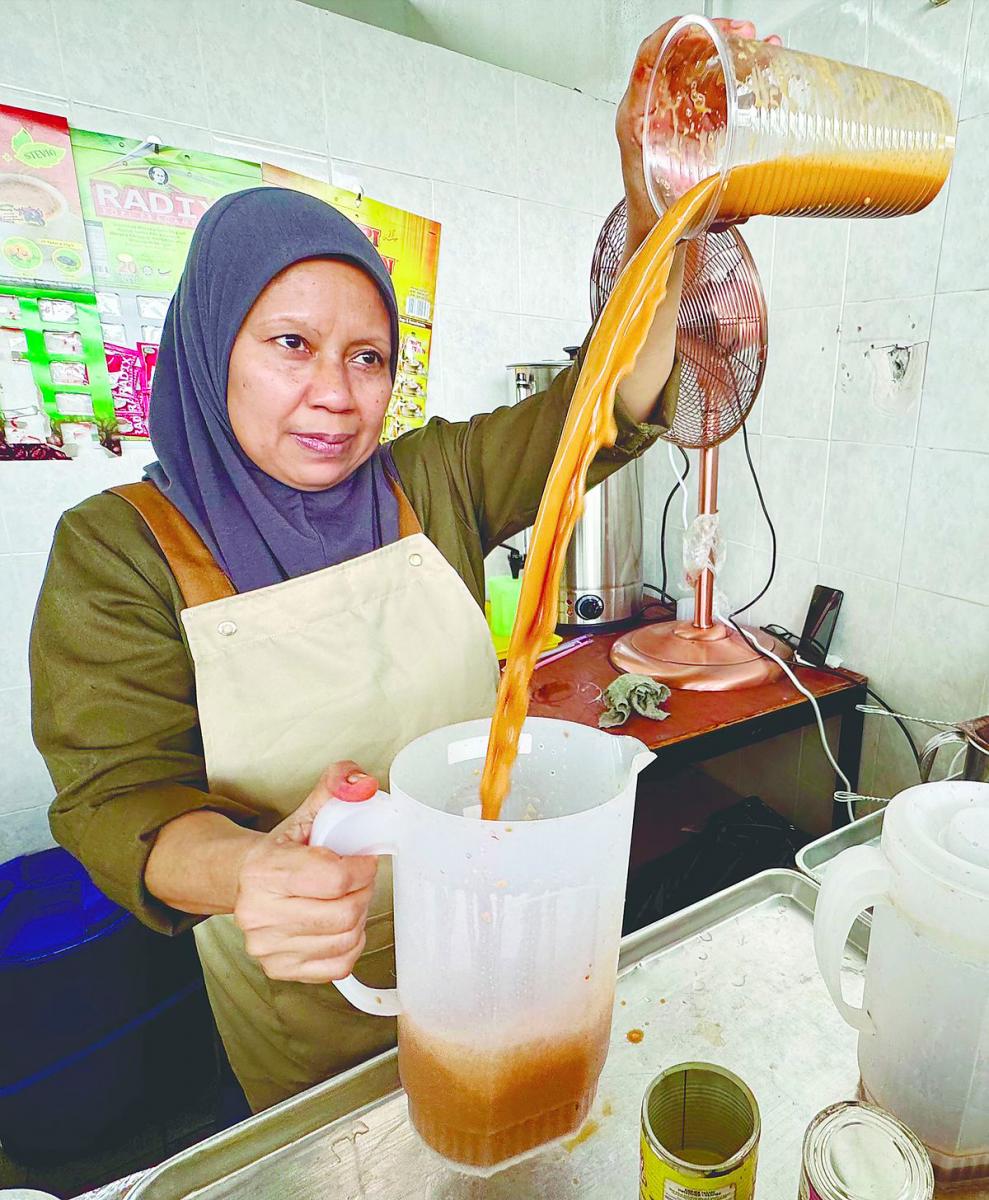PETALING JAYA: The teacups may have been put away after International Tea Day yesterday, but a fresh wave of innovation is keeping the nation’s tea culture strong.
Driven by youthful energy and creative reinvention, Malaysia’s tea scene is undergoing a transformation, from traditional brews to trendy cold infusions, artisanal blends and minimalist tea cafes, redefining how the beverage is enjoyed.
“The current tea market in Malaysia is booming,” said Malaysia Tea Association president Tan Kee Hock.
“Look at the ready-to-drink tea beverages that are so popular among our youngsters. We have homegrown brands like Tealive going strong, Purple Cane venturing into tea bars, and new players like Chagee doing tremendous work promoting tea across nations.”
Beyond cafes and bottled teas, the rise of tea-themed restaurants, mixology concepts and educational workshops points to a cultural resurgence.
Tan said tea is no longer just a comfort drink but a lifestyle choice embraced by a new generation.
However, despite this surge in popularity, local tea production is facing challenges.
“Malaysia produces good-quality tea, but it’s not the star of the agriculture sector any more. In fact, I recently learnt that a lowland tea farm had to shut down and switch to other crops.”
However, he said there is a shift happening and young entrepreneurs are blending tradition with current trends, from bubble tea and cold brews to curated tasting sessions and tea appreciation classes.
“The younger generation is not only enjoying tea but also learning about its roots. Many are getting into tea education and brewing classes, driven by a genuine passion to connect with the beverage on a deeper level.”
He also pointed out that local teas, especially those from Cameron Highlands and Sabah, hold nostalgic value for both locals and tourists.
But when it comes to global recognition, Tan believes Malaysia still has ground to cover.
“Sri Lanka has done an excellent job with its national tea brand mark, which ensures authenticity and quality. Malaysia could consider adopting a similar model to strengthen our own tea branding.”
Sustainability is also beginning to take root, albeit gradually.
“Organic tea farming is now seen as the pinnacle of tea quality.”
On the promotional front, Tan praised the Tourism, Arts and Culture Ministry for spotlighting teh tarik abroad.
He said more support is needed to expand Malaysia’s tea story, especially with new ventures such as aged tea storage.
“Not only are we producing tea in Malaysia, but now tea aged and stored here for over a decade can be labelled as ‘Malaysia Tea’. This presents a unique identity we can build on, and we welcome government assistance to grow this niche.”
Tan believes Malaysia’s tea heritage, which spans over 200 years, is ripe for revitalisation.
“We need to encourage Malaysians to transition from sweetened milk tea to pure brews, without sugar or cream.”
Tan also raised a critical regulatory issue, warning that some Thai tea products sold locally may contain food colouring permitted under Thai laws but prohibited by Malaysia’s Food Act.
“Without proper enforcement, the market could be flooded with artificially coloured teas, and most consumers won’t know the difference. This is something the government needs to address more seriously.”









